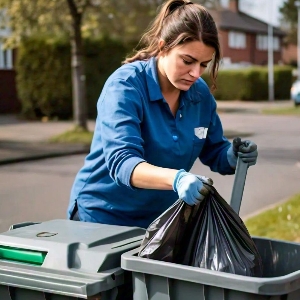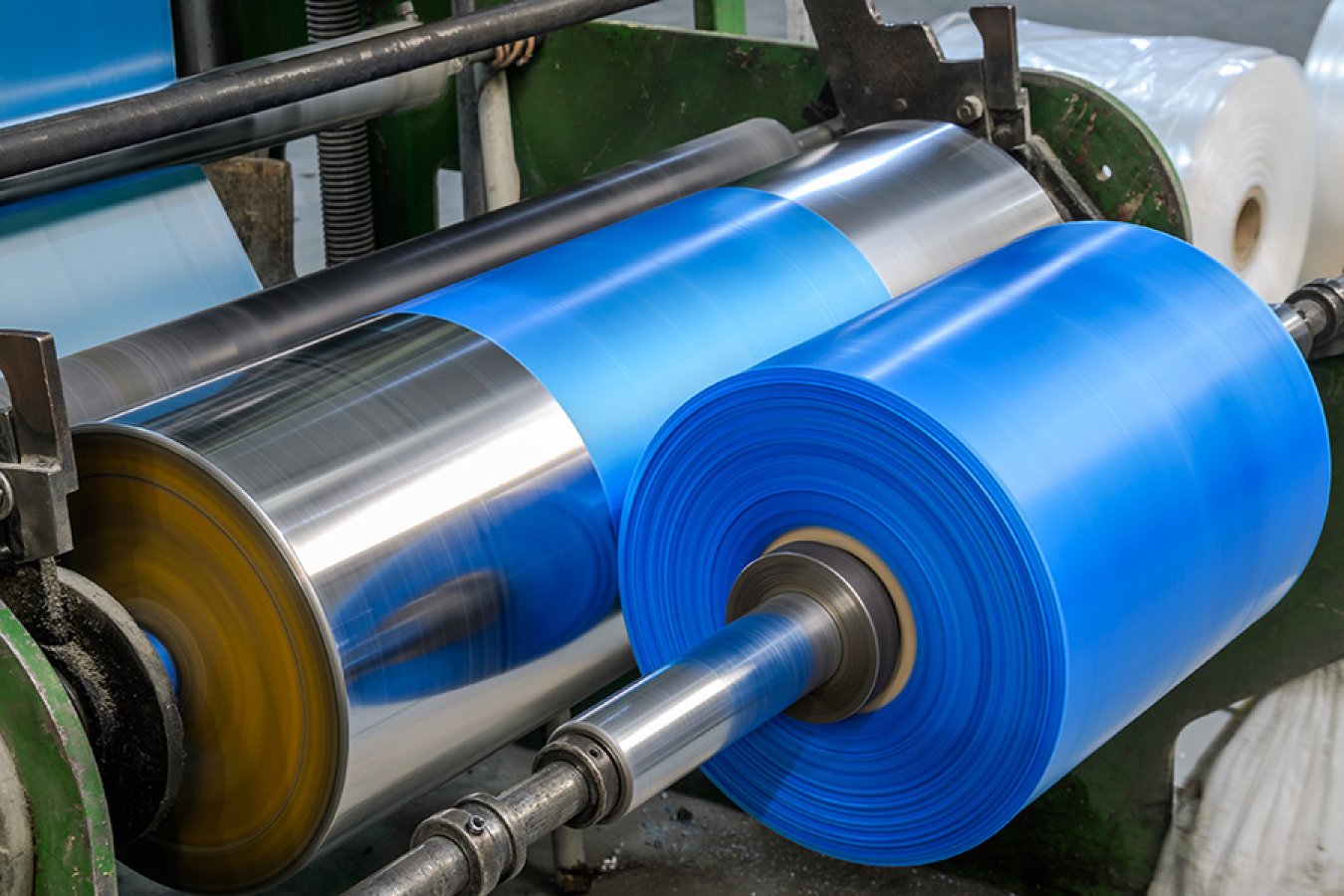Plastic distributors play a vital role in the industrial supply chain of today, as they connect plastic producers with companies that use plastic materials for a wide range of products. Distributors act as a middleman, helping manufacturers reach out to a wider customer base and helping buyers get the plastics they require in the quantity or format that suits them. Materials supplied range from polyethylene, polypropylene and other commodity plastics to engineering plastics with high performance such as polycarbonate or PTFE. The plastic distributors serve industries such as automotive, electronics and construction. They also supply packaging materials, medical devices, and other products. These distributors are essential to help manufacturers reach small and mid-sized customers, while end users would have difficulty sourcing certain grades of plastic or in specific quantities. Plastic distributors simplify the supply chain, ease logistical challenges, and bridge this vital sector between demand and supply.
Plastic distributors have a key role to play in managing their inventory to satisfy the needs of customers. They stock a wide range of plastic resins, sheets, rods, tubes, and films in various grades, sizes, and colors. The distributors must make sure that the materials they stock are available both for bulk orders and custom-made products. This ability to deliver quickly and reliably helps customers avoid production delays, which can be costly in industries that operate on tight schedules. Many distributors also provide value-added services such as cutting, thermoforming, CNC machining, and material certification, making them more than just suppliers. Distributors build lasting relationships with product designers and manufacturers by offering tailored technical assistance and services. Their commitment to convenience and quality ensures continued demand for their role in the supply chain.
The global nature of the plastic industry means that plastic distributors must have strong logistics and sourcing capabilities. They often work with foreign manufacturers to source plastics, choosing countries that are known for their production of specific plastics or offer competitive prices. To ensure that materials are delivered on time, distributors must handle customs, logistics, warehousing and transportation. They also need to respond quickly to market fluctuations, price changes, and shifting customer preferences. This requires maintaining strong relationships with suppliers and staying informed about global production trends and shipping conditions. Distributors who are able to manage complex supply chains with transparency and reliability will be the most successful. They are able to support thousands of companies across all sectors with their global reach.

Pabrik kantong plastik sampah gac plastik have been compelled by environmental concerns to adjust their practices and offerings to meet sustainability goals. Clients are increasingly looking for eco-friendly options, including biodegradable materials, resins that can be reused and have minimal waste, as well as recycled plastics. Distributors play a crucial role in educating buyers about these greener options and guiding them toward solutions that meet both performance and environmental standards. Some distributors now specialize in sustainable plastics, helping companies transition to materials that support circular economy principles. Additionally, many have implemented recycling programs, waste reduction strategies, and energy-efficient warehousing practices within their operations. This not only meets regulatory requirements but builds trust among environmentally-conscious customers. Sustainability is changing the landscape of plastic distribution, and companies that embrace this shift will be successful in the long term.
Technology and digital tools are revolutionizing how plastic distributors operate and interact with their clients. Many now use advanced inventory management systems, e-commerce platforms, and customer portals that allow real-time ordering, tracking, and support. Using this convenience, procurement has been streamlined, paperwork reduced, and customer satisfaction improved. AI and data analytics are being used for forecasting demand, optimizing stock levels and offering personalized service. These technologies will help distributors to remain competitive and adapt to market changes. Digital transformation in the plastic distribution industry is not just about efficiency–it’s about delivering a smarter, faster, and more flexible customer experience. Distributors can improve every aspect of their business by leveraging technology. This includes everything from sales to after-service.
As industries continue to evolve, and as global networks of trade expand, plastic distributors’ role will only grow. Emerging markets, new product innovations, and advances in plastic technologies will create fresh opportunities for distributors to diversify their offerings. Distributors will have to be flexible and adaptable to changes in regulations, raw materials availability and consumer expectations. Those who can balance cost-efficiency with sustainability and innovation will lead the field. Plastic distributors are a vital part of production and commerce in a modern world where plastic is used for everything from advanced electronics to packaging. Plastic distributors, by investing in digital technologies, embracing green initiatives and building strong supply chain, are not just meeting the demands of today, but also shaping global manufacturing’s future.
